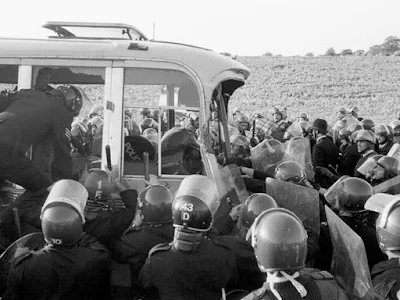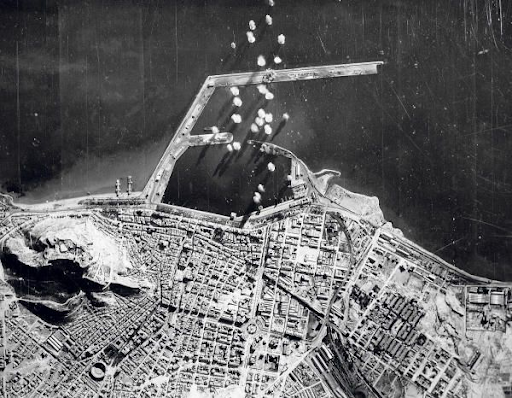On short break this week, to recharge my batteries, I have been reminded of the pioneering visionary writings of Edward Carpenter, the English socialist and radical philosopher poet, after attending an event called
Land of Promise in Hay-on -Wye, which explored through words and music, Britain's radical utopian tradition.This rich legacy of hope which was the dominant strand of political thought for five centuries, which sadly in the past 40 years we have stopped asking the question.
I have written before of this great man, an early champion of homosexuality, animal rights, ecology, womens' suffrage, recycling, prison reform, and sexual freedom, opposing imperialism and war, s simpler, more sustainable way of living. A man so ahead of his time, who throughout his life campaigned and wrote on a whole range of social concerns, he is a huge inspiration ( who incidentally also happens to share a birthday with me).
Influenced by the work of John Ruskin, Carpenter began to develop ideas about a utopian future that took the form of a primitive communism, that still resonates strongly today.He sought a personal liberation of brotherhood and emancipation, a life of liberty and love,a world free of class struggles,ways of life he embraced himself,ideals that we should all be proud of,
The following is an extract from one of my favourite books
Towards Democracy which has served me well over the years, acting as a kind of personal bible. Nearly every word contained within its covers, glistens with beautiful reasoning. I would urge anyone to seek out this vivid book, and carry on hungrily building upon the seeds that are contained within. How come though, are still seeking?
'
As I walked restless and desperate through the gloomy city.
And I saw the eager unresting to and fro - as of ghosts in some sulphorous Hades -
And saw the crowds of tall chimneys going up, and the pall of smoke, covering the sun,
covering the earth, lying heavy against the very ground -
And saw the ghastly half-roofless smoke -blackened house and the black river flowing below, -
As I saw these, and as I saw again far away the capitalist quarter.
With its villa references and its high-walled gardens and its well-appointed carriages, and its face turned away from the waggling poverty which made it rich, -
As I saw and remembered the drawing room airs and affectations and its wheezy wheezy pursy Church going and its gas reeking heavy-furnish rooms and its scent bottles and its other abominations-
half consious - knowing not clearly - the shape of the evil - on the grasp of some heavy nightmare.
Then out the crowd descending towards me came a ragged little boy,
Came - from the background of dirt disengaging itself - an innocent wistful child - faces begrimed like the rest but strangely pale, and pensive before its time.
And in an instant ( it was as if a trumpet had been blown in that place ) I saw it clearly, the lie I saw and the truth, the false dream and the awakening.
For the smoke-blackened walls and the hills and the tall chimneys, and the dreary habitations of the poor, and the drearier inhabitations of the rich, crumbled and conveyed themselves as if by magic;
And instead, in the blackened vista of that face, I see the joy of free life open under the sun :
The green sun - delighting earth and rolling sea I saw - The free sufficing life - sweet comradeship, few needs and common pleasures - the readings endless burdens all and aside,
Not as a sentimental vision, but as a fact and a necessity existing, I saw
In the background vista of that face.
Stronger than all the combinations of Capital, wiser than all the committees representative of Labor, the simple need and hunger of the human heart.
Nothing more is needed.
All the books of political economy ever written, all the proved impossibilities, are of account.
The smoke-blackened walls and tall chimneys duly crumble and convey themselves away:
The falsehood of a gorged and satiated society curls and shrivels like a withered leaf,
Before the forces which lie dormant in the pale and wistful face of a little child.
1896

















